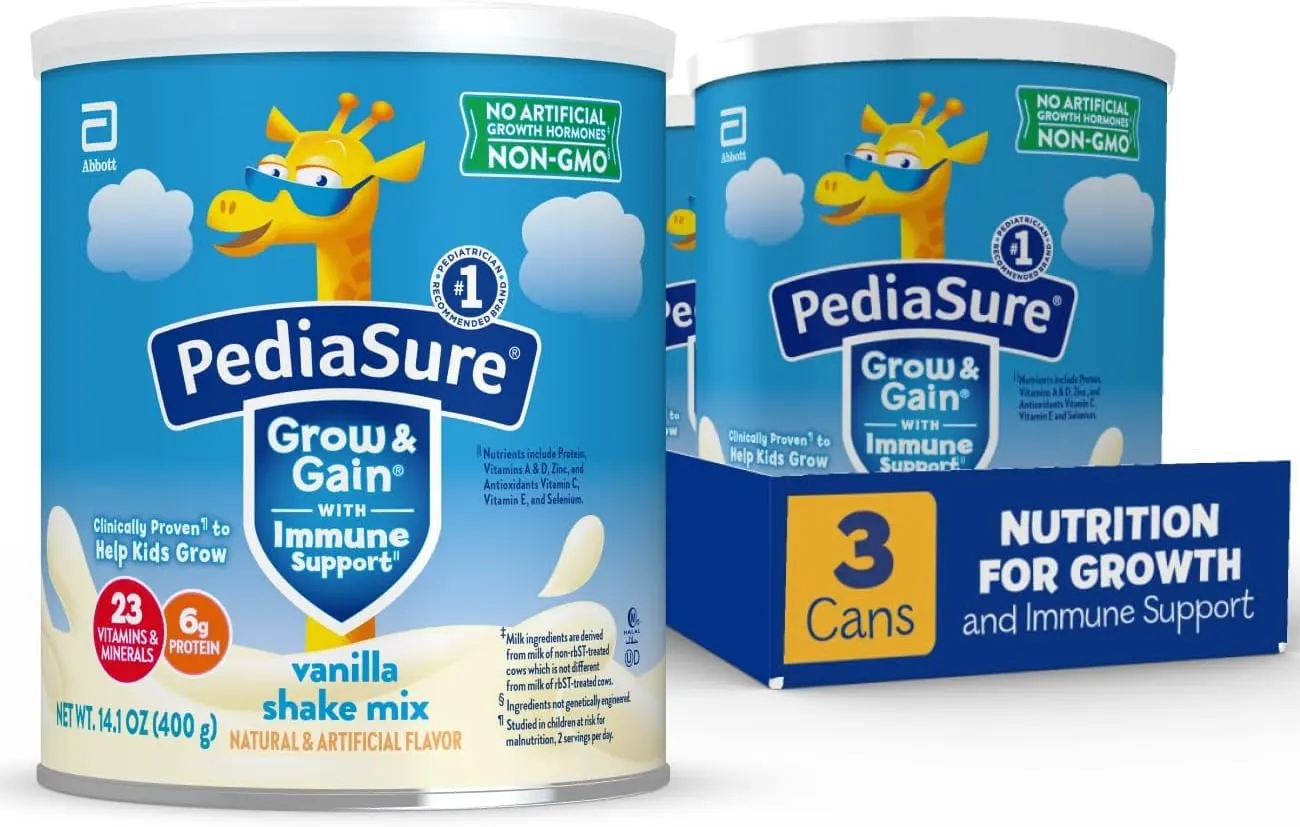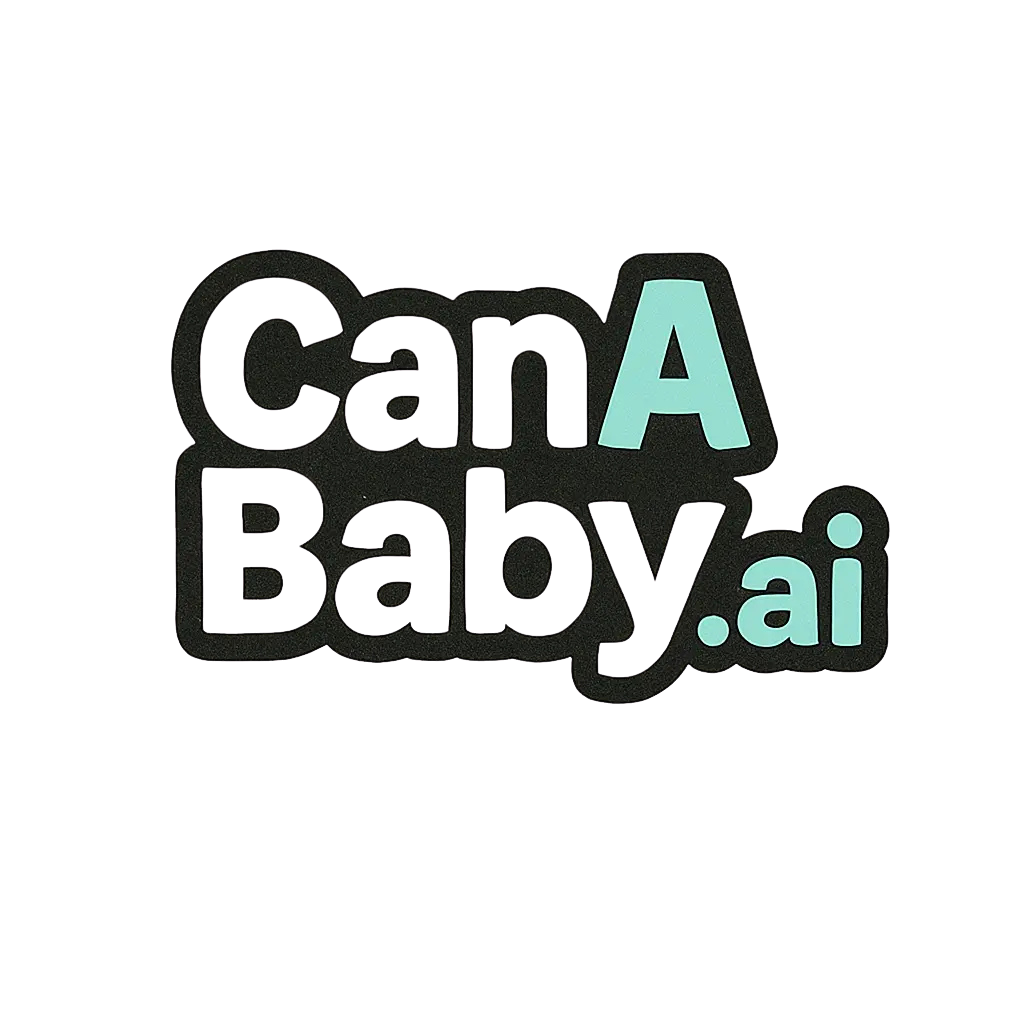PediaSure Grow & Gain with Immune Support vanilla shake mix
dietary supplement • For 1-2 year old toddlers • Consumable 🍝
Product Images
Product Photo

Tap to enlarge
Ingredient List

Tap to enlarge
Is this toddler-safe to eat PediaSure Grow & Gain with Immune Support vanilla shake mix?
Check for Different Age (6 available)
Ingredients Analysis (39 found)
Common Questions About PediaSure Grow & Gain with Immune Support vanilla shake mix
Toddler-friendly? PediaSure Grow & Gain with Immune Support vanilla shake mix
PediaSure Grow & Gain with Immune Support vanilla shake mix is not recommended for 1-2 year old toddlers due to potentially harmful ingredients.
What ingredients should I watch out for?
We analyzed 39 ingredients in PediaSure Grow & Gain with Immune Support vanilla shake mix. 1 avoid, 3 concerning, 2 caution. Check the detailed analysis above for specific concerns.
When can toddlers eating dietary supplement?
The appropriate age depends on the specific ingredients. This analysis is for 1-2 year old toddlers. Use the age selector above to check other ages.
⚠️ Important Disclaimers
Product Recognition: Product names are identified by AI and may be incorrect. Always verify product identity yourself.
Safety Analysis: Evaluations are for research only - consult pediatricians for medical decisions.
No Guarantees: Results may be incomplete or inaccurate. Do not rely solely on this analysis.
